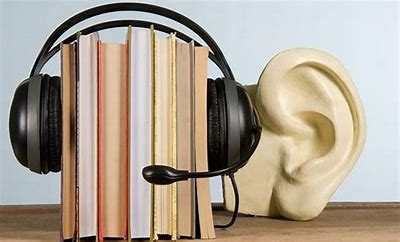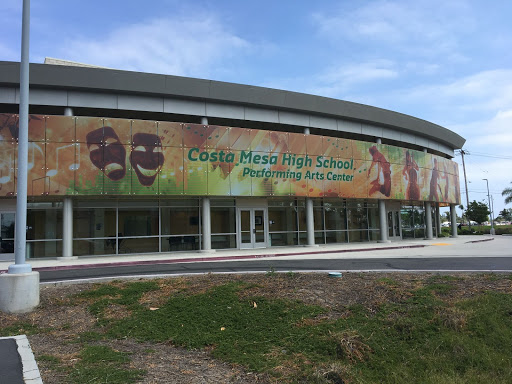Imagine listening to people read for you.
You can cook, clean, dance, draw, or whatever you feel while reading. It sounds great!
But, are you actually benefiting from this read?
Is actually reading a print version of the book more beneficial?
According to the Audio Publishers Association, audiobooks may help “build and enhance vital literacy skills such as fluency, vocabulary, language acquisition, pronunciation, phonemic awareness, and comprehension—skills that often boost reading scores.”
In short, reading while doing something else can be beneficial to your vocabulary and pronunciation as you listen to someone else narrate a story to you.
Likewise, Psychology Professor Matthew Traxler of the University of California has found in his research that our brains process information the same way whether we are reading or listening. However, some people would disagree with Professor Matthew’s statement.
The SERP institute, a reading and science education institute, found that “Scientists and engineers spend over half of their working time reading, interpreting, and producing text. Without research, there is no science; but without communication, research would grind to a halt. Literacy enables vital inputs and outputs for research: read; research; write; repeat.”
The SERP institute suggests that informational reading is most-likely best on paper - especially for books such as school textbooks and reading notes. You learn more and keep your focus as you research and read.
The institute’s article continues on to explain why science teachers should teach disciplinary reading and how to actually do so.
So the question is which one’s better? Which one do you focus on better?
Fortunately, there isn’t a right or wrong way to read.
Everyone has a different way of retaining information. For some, it may be listening, and for others it may be reading.
Continue doing whatever works for you!




10/10 article! Personally I hate audio books, but I loved the article.